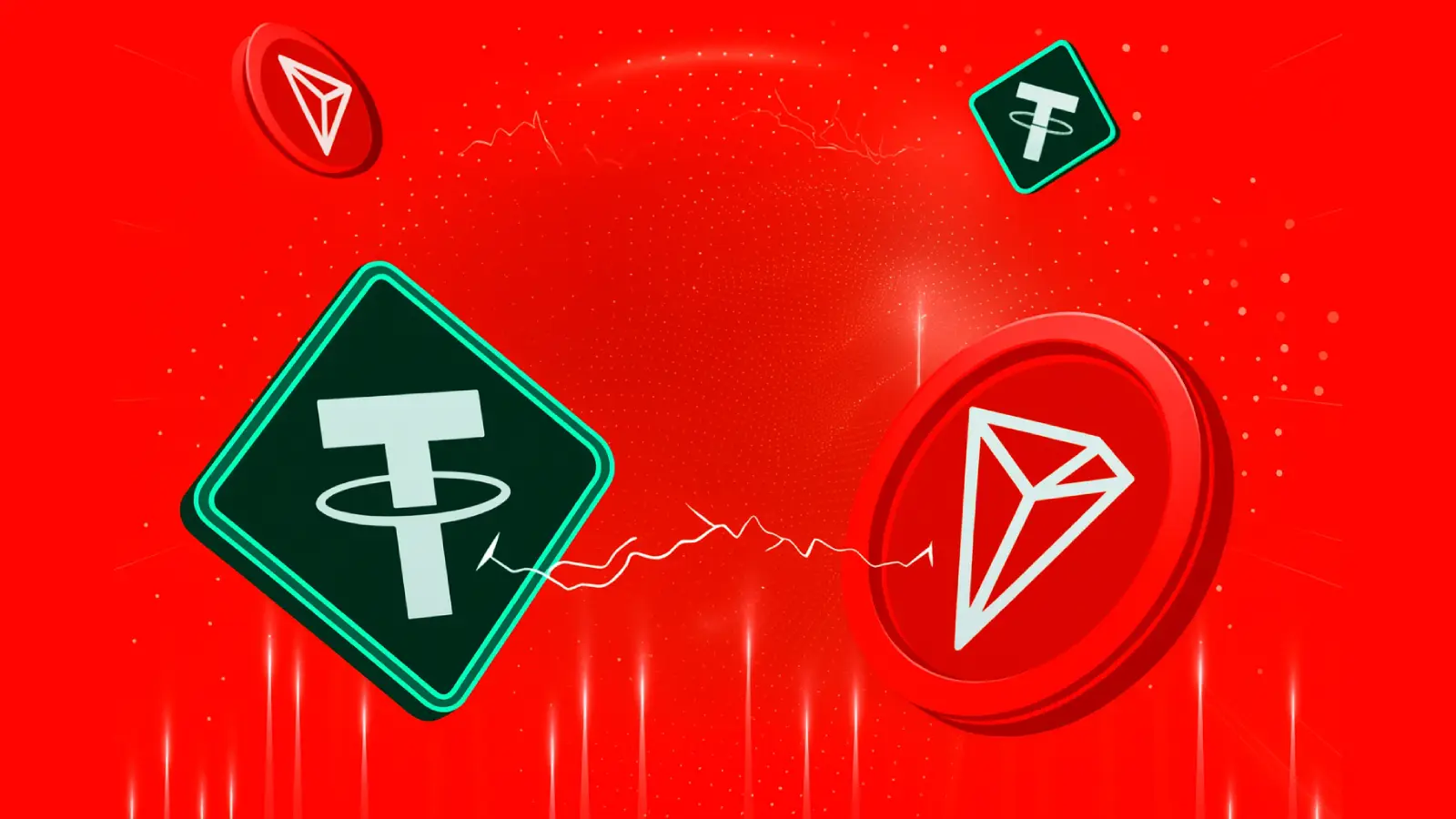


Without even touching a guitar or stepping into a recording studio, you can make a hit song thanks to powerful AI tools. Anyone can create music like a pro. We’re not just talking about beats and background sounds. Now, we’re seeing full-on AI singers who can write, sing, and even perform — all without being human. Is this the next big thing in music? Let’s dive in.
In the past, you needed a team — writers, producers, musicians, and sound engineers — to create a song. Now, AI can handle much of it.
AI programs like GPT-4 can write original lyrics. Whether you want a sad love song or a fun party anthem, AI can deliver. It can even create a whole backstory for a digital artist — like where they "grew up" or what inspires them. This makes AI singers feel real and relatable.
AI audio tools have gotten really good. They can create beats, harmonies, and even full songs. Platforms like AIVA, Amper Music, and Jukedeck help you make music that sounds professional.
Today, AI voices can sing with real emotion, hitting high notes, low notes, and everything in between. Some AI singers sound so lifelike that you might not even realize they aren’t real people. Tools like Minimax AI help make this possible by cloning singers’ voices.
AI isn’t just about sound. It can also create images and videos. Using tools like DALL·E, artists can make cool album covers or even full music videos. You can even design what your AI singer looks like, how they dress, and how they move on a virtual stage.
It’s not just professionals using AI. Anyone with a laptop can now create a star.
You don’t need a big studio or fancy equipment. What matters is your imagination and how you use AI tools. You could create a singer with a unique voice, a cool look, and a strong fan base — all from your bedroom.
The best part? Virtual artists don’t get tired. They don’t age. They can release new songs all the time and perform concerts around the world — all online.
A real-world example? The Beatles recently finished a song using AI tools that helped separate John Lennon's voice from an old tape. It shows how even legendary bands are using AI to make new music.
This technology isn’t just cool. It’s shaking up the whole industry.
Before AI, music production took lots of time, money, and skill. Now, you can make professional songs faster and cheaper. This opens doors for new artists who might not have had a chance before.
Virtual concerts, NFTs, and digital merchandise could become big business. Think about Fortnite concerts, but for music — with AI singers headlining.
Streaming platforms like Spotify and Apple Music also use AI to recommend new songs. This helps listeners find music they love — and gives AI artists a better shot at reaching fans.
AI lets artists experiment with different genres easily. We might see new types of music we’ve never heard before. Fans can even help shape their favorite AI artist’s sound, making music more interactive than ever.
Of course, not everything is perfect.
Who owns a song made by AI? If an AI copies a real artist’s style or voice, is that okay? Big music companies like Warner Music Group are already fighting to protect their artists' rights. They don’t want AI to "steal" their songs without permission.
AI can make fake songs that sound exactly like famous singers. That’s a little scary. Fans might be tricked, and real artists could lose control over their own voices.
As former Warner executive Kathryn Marshburn says, artists are worried about "the dilution of their brand by deep fakes." That’s why people are calling for better rules and protections.
Some critics say AI music feels empty — like it's missing a real human soul. They argue that while AI can remix old styles, it can’t create truly new feelings or deep emotional connections like a human can.
Tech expert Lynn Holland puts it this way: "We need to protect original art, but also leave room for new creativity." It’s a tricky balance.
There’s no question that AI is changing music. But will virtual singers become as beloved as real ones? Will fans care if their favorite artist isn’t human?
As AI keeps getting better, we’ll have to decide: Is the future of music about human stories, machine creativity, or maybe both?
One thing’s for sure — the music world will never be the same.